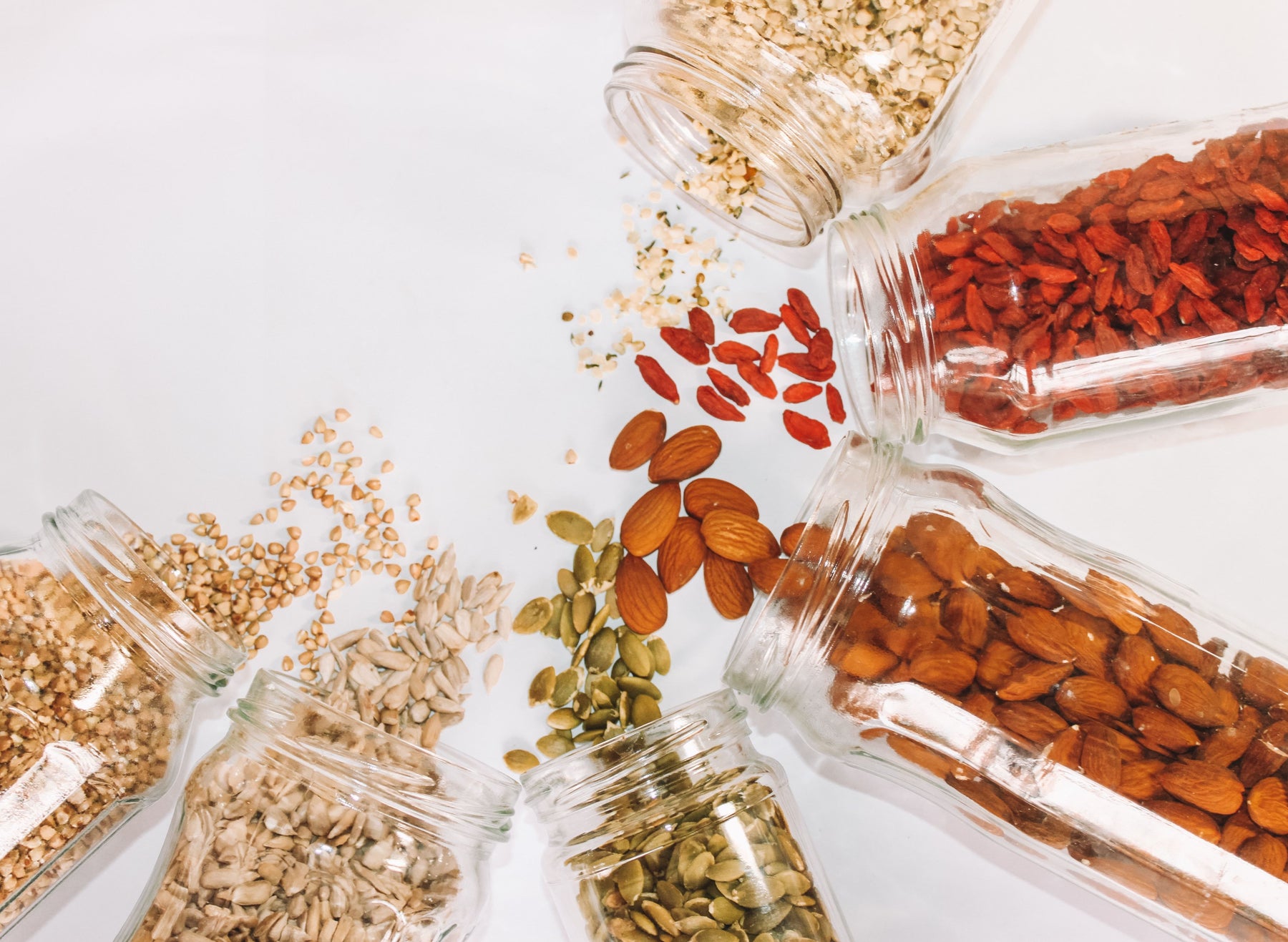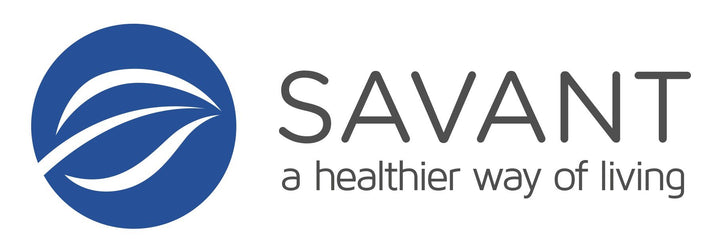
Veganuary Nutrition Tips
Veganuary is well and truly upon us, and whether you are already a few days into your new vegan diet, or just thinking about cutting down your consumption of animal produce, you might be wondering if you can really get all the nutrients you need by eating a plant-based diet.
A vegan diet is one which excludes all animal products including meat, dairy, fish and eggs. The trend of Veganuary has been around for a few years and refers to people choosing to eat a plant-based diet for the month of January. There are many reasons why people take part in Veganuary, often related to ethical, environmental or health reasons.
Some people choose to go entirely plant-based for January, while others just try to include more plant-based meals into their existing diet. No matter how you have decided to take part in Veganuary, you might be concerned about missing out on vital nutrients from cutting out animal products. Many people are under the impression that a vegan diet can’t provide the nutrients that the body needs, but that doesn’t have to be the case. If you need help, read on as we share our tips on keeping nutrition on track during Veganuary.
Iron
Low levels of iron in the body can result in anaemia which results in fatigue, pale skin, headaches and weakness. When we talk about dietary iron, it is essential to understand the types available. Heme iron is found in animal products such as meat, however Non-Heme iron is found in grains, nuts, seeds, pulses and leafy vegetables. This means it is still possible to eat healthy iron levels on a plant-based diet; however, Non-Heme iron is not as easily digested by the body.
Other foods in the diet can help the body to absorb these plant-based irons more effectively. Vitamin C is known to increase the absorption of iron when consumed in the same meal, so try to include fruits such as oranges, lemons and limes into your meals.
Zinc
Zinc is found in many animal products and is used for supporting the immune system, healing wounds, producing hormones and fertility. There are plenty of vegan foods which can be included in the diet to increase zinc consumption.
During Veganuary, opt for whole grains, nuts, seeds and types of fermented soy such as miso and tempeh. If you soak dried beans and then rinse them prior to cooking, then zinc absorption can be increased.
Calcium
Calcium is commonly known for being good for the bones and teeth and is most often found in dairy. While there are many leafy plants, such as spinach, which have a high calcium content, this calcium is often not well absorbed by the body. This is because they are affected by molecules called oxalates that are also found in the plants which stop the body effectively absorbing the calcium.
There are plenty of other good sources of plant-based calcium, including nuts, seeds, tofu, tempeh and fortified plant milk alternatives.
Vitamin B12
Vitamin B12 is responsible for the development and proper functioning of the brain and nerve cells. It is a common concern for vegans and those adopting a more plant-based diet because it is only available from animal products. If you are taking part in Veganuary, there is nothing to worry about as Vitamin B12 stores in your body for between 2 to 4 years. Although if after the month is up you decide that a plant-based diet is right for you, then you will need to consider supplements and products that offer the vitamin such as Udo’s.
Omega 3 Fatty Acids
There are three types of omega 3 fatty acids, known as Eicosapentaenoic (EPA), Docosahexaenoic (DHA) and Alpha-Linolenic Acid (ALA). The first two come from fish such as mackerel and salmon, but ALA can be found in various plant-based foods.
Chia seeds, walnuts, vegetable oils and flax seeds are common options for vegans ensuring they get enough omega 3 fatty acids. For many, the amount of omega 3 fatty acids obtained through vegan possibilities is not the same as consuming fish products, and supplements are often used as well.
Protein
It is a common assumption that vegans are not able to consume as much protein as the body requires. This myth is inaccurate, and many overlook the fact that plants also offer good levels of protein. Protein-rich foods which fit with a plant-based diet include tofu, soy, pulses, whole grains and nuts. If you eat a combination of different plant-based proteins, then you will be able to get all the protein and amino acids that your body needs.
If you’re concerned about your nutrition during Veganuary, then it can help to use a food diary tracker which will work out how many vitamins and minerals you are consuming and if there are any areas where you need to increase your consumption. Apps like Cronometer can be a great way to track your nutrition and make sure you’re getting all the benefits of a well-balanced diet.
